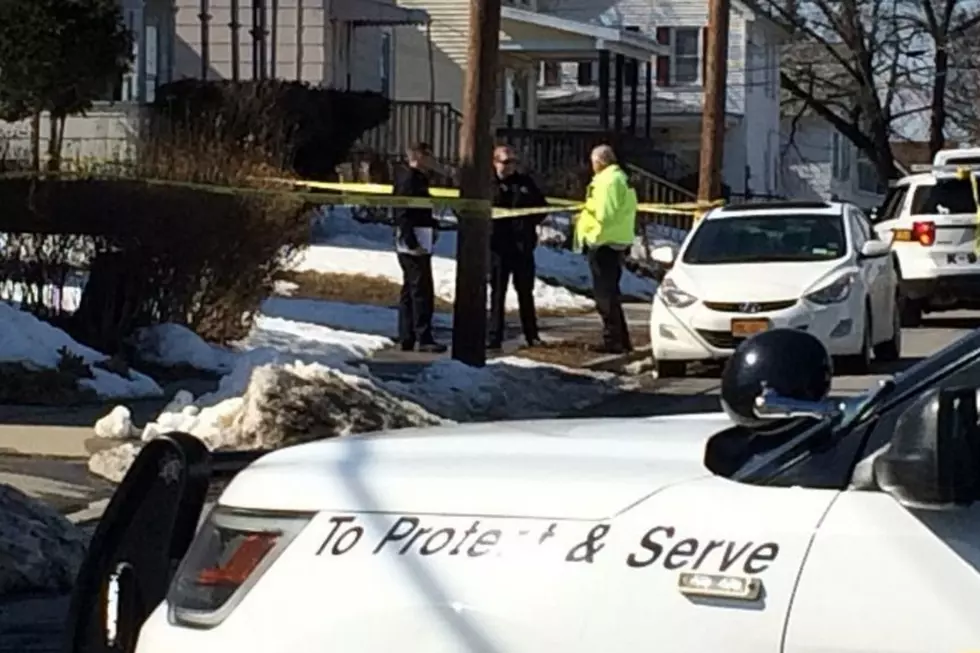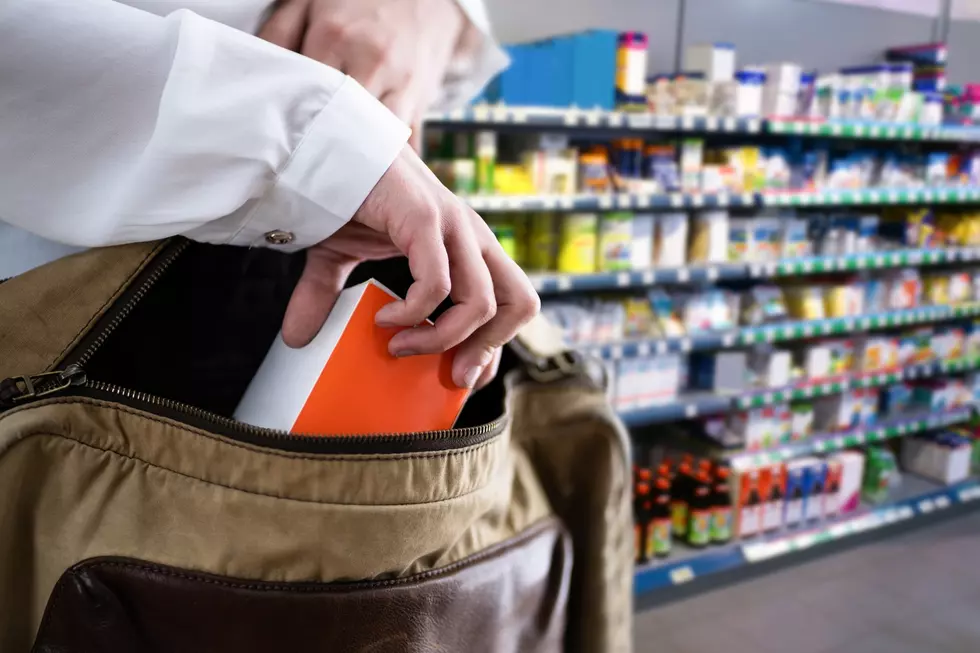
Got Poison Ivy? 9 Itch-Saving Treatments That Really Work
There's a much bigger chance that you'll be itching this summer, thanks to an increase in poison ivy throughout the Hudson Valley. But there are some things you can do about it.
This year the Hudson Valley has seen the perfect environment for poison ivy to flourish and become even more potent than usual.
The Journal News reports that this year the Hudson Valley has seen the perfect environment for poison ivy to flourish and become even more potent than usual. When poison ivy has ideal growing conditions, the plants not only grow bigger and spread further, they also create more urushiol, the oil that causes blistering rashes on your skin. Experts agree that it's best to clear out any poison ivy from your property, and closely monitor your yard for new growth.
The Cornell Cooperative Extension sees plants like poison ivy and poison oak as such a hazard, they encourage the use of the controversial chemical marketed as "Roundup" in killing the plant. The CCE suggest attacking plants in August and September, when they are most vulnerable before the first frost.
What if you do happen to get poison ivy? The American Academy of Dermatology has these tips for home treatment:
- When symptoms start, immediately rinse your skin with lukewarm, soapy water.
- Don't forget to also wash your clothing after coming in contact with poison ivy.
- Wash everything that may have the oil on its surface in warm, soapy water. This including gardening tools, golf clubs, leashes and even a pets.
- Do not scratch, as scratching can cause an infection.
- Leave blisters alone, and if they do open, don't remove the overlying skin. It can help to protect the wound underneath.
- Take short, lukewarm baths. Adding colloidal oatmeal or baking soda to the bath can also help.
- Use calamine lotion or hydrocortisone cream to help sooth mild cases of poison ivy.
- Apply cool compresses to the infected areas.
- You may want to take antihistamine pills to help reduce itching, however you should never apply an antihistamine to your skin, because it may actually worsen the rash and the itch.
While most cases of poison ivy are treatable at home, the AAD suggests seeking medical treatment if you experience any of these serious symptoms
- Trouble breathing or swallowing.
- The rash covers most of your body.
- Numerous rashes or blisters.
- Swelling, especially if an eyelid swells shut.
- The rash develops anywhere on your face or genitals.
- Much of your skin itches, or nothing seems to ease the itch.
Have you contracted poison ivy this summer? What was the best treatment that worked for you?
More From WPDH-WPDA









